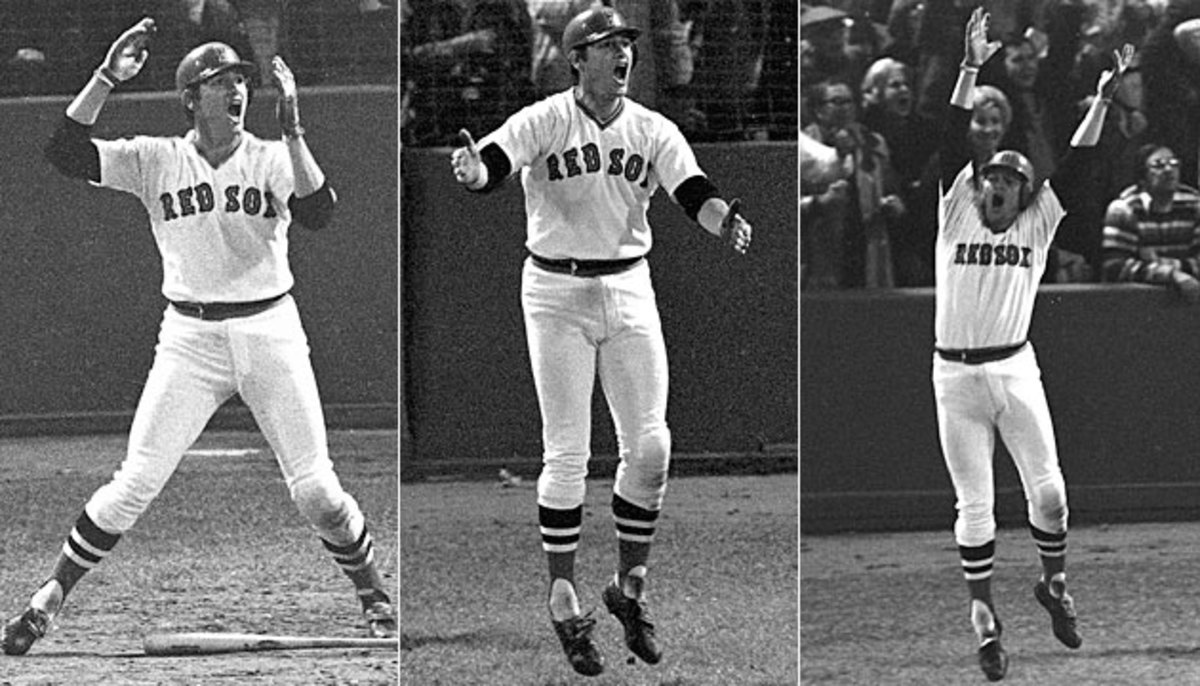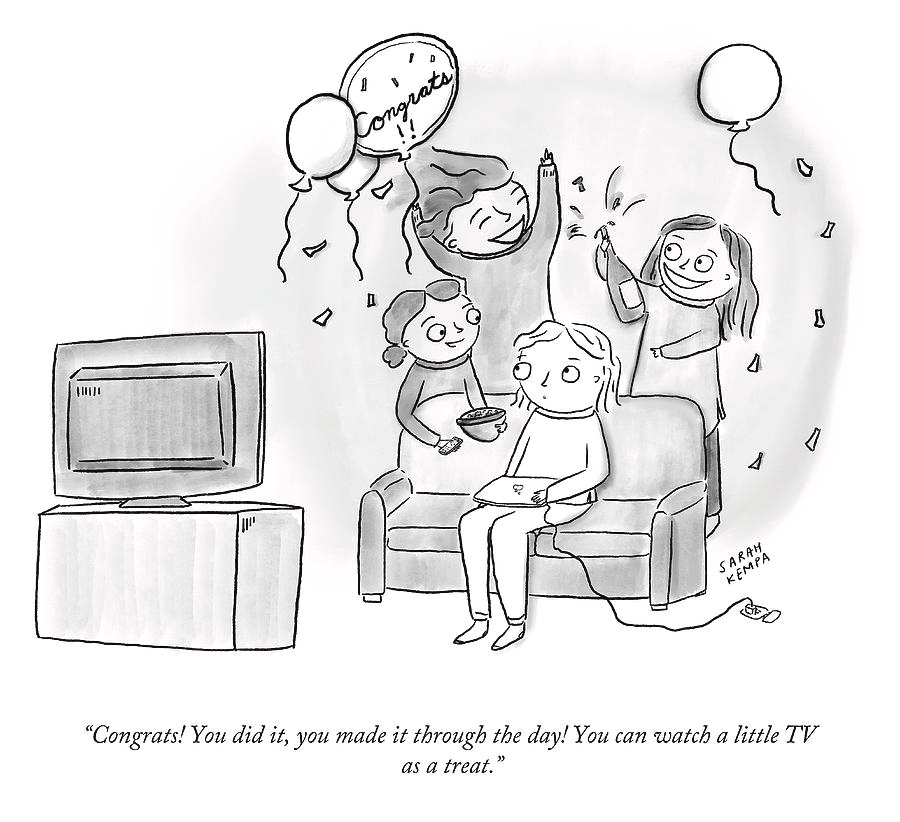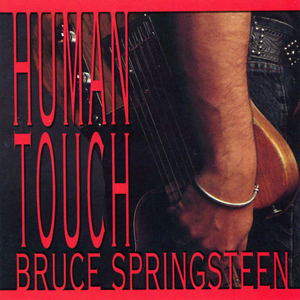In this installment of Summer of Springsteen I am looking at the Boss's trio of late 70s-early 80s albums: Darkness on the Edge of Town, The River, and Nebraska. In this period, he stepped away from his original Jersey Shore/New York Street Poet persona and started writing songs about a broader and less bohemian working-class experience. Musically the E Street Band's R&B roll subsided and the harder rock came to the fore, with flashes of country music thrown in. These albums coincided with a period of harsh deindustrialization and economic hardship as well as the rise of Reaganomics, which would leave those struggling to drown. These records are some of the best documents of that dark time.
****
Darkness on the Edge of Town (1978)
Springsteen had to take a three-year break between albums due to legal issues with his former manager. Back in the 70s, when artists put out a new album every year, this was an eternity. The album cover told the story of a changed man. On Born to Run's cover, Springsteen is all smiles and swagger as he leans on Clarence Clemons. On the cover of this album he looks sad and haunted, standing in what I remember to be a typical working-class kitchen of the late 70s.
This is a top three Springsteen album for me, and I have written about it more extensively before. This time around, hearing it in the context of his early career, I was struck by a new emotion in his songs: anger. "Adam Raised a Cain," about his difficult relationship with his father, is absolutely seething. Springsteen's new musical direction, with shorter songs and simpler arrangements, also reflected the changing musical landscape of punk and New Wave, including its spikiness. This is clear right off the bat with the album opener, "Badlands," not to mention that he wrote "Because the Night" in this era for Patti Smith.
In Stayin' Alive, Jefferson Cowie's account of the working class in the 1970s, he writes far more brilliantly than I can of how this album reflected the travails of blue-collar workers and a sense that hard-fought economic security from the New Deal and postwar expansion was fading away. "Factory" shows that even when times are good and jobs are plentiful, that factory work ultimately eats the soul. The unbearable weight of daily life is also present in "Racing in the Street," a song that makes me cry almost every time I hear it. What happens if you try so hard to avoid the trap of birth-school-work-death and still fail?
"Promised Land" and "Prove It All Night" offer some hints of optimism, but there is desperation in these songs' characters. It ends with the title track, a song that will resonate deeply with anyone who has ever felt trapped in an isolated small town. You can drive out to the edge of town, but all you will see is darkness.
As I mentioned last time, Springsteen's magic is to embody those feelings of longing so intense that they make us crazy. He does this multiple times on this record: "Badlands," "Candy's Room," "Racing in the Street," "Promised Land," "Prove It All Night," "Streets of Fire," and "Darkness on the Edge of Town." Take this album and cut the pain from my heart.
Rating: Five Bosses (out of five)
The River (1980)
I will fully admit that this is the "classic" Springsteen album I have listened to the least over the years, even though the title track is a top five Springsteen song. Part of the issue is that I tend to shy away from double albums, since even the best (like the White Album) have filler. In this case there are a handful of songs too indistinguishable to justify the long running time.
Make no mistake, it's still really damn good. The more prominent keyboards and tighter sound reflect how Springsteen adapted to new wave, bridging musical eras in ways so many of his peers never could. He also used the double album format to blend different vibes together. There are plenty of songs of woe and desperation, like "The River" and "Wreck on the Highway," but they are mixed in with little moments of joy. When times get tough, sometimes you cry but most of the time you try to laugh. The country influence, especially on "Drive All Night," might be deeper here than on any of his albums until the recent Western Skies.
He also had a top ten hit with "Hungry Heart," a funny, bright song with an undercurrent of danger apparent from the opening lines: "Got a wife and kids in Baltimore, Jack/ I went out for a ride and I never went back." The glowing piano and chorus hide the character's desperation pretty effectively. That feel-good vibe really shines in "I'm a Rocker" and "Cadillac Ranch," too. It's not an album I like to listen to front to back, but most of the songs are great.
Rating: Four and a half Bosses
Nebraska (1982)
I have also written a lot about this one elsewhere, and I am going to try my best not to start gushing here. This is one of the all-time great left turns in rock history. After gaining fame for his big fun three-hour concerts where everyone looks like they are having the time of their lives (just check out this performance of "Rosalita"), Springsteen did an acoustic album about the hard times of the Reagan era full of songs about murder, loss, inequality, and hopelessness. Evidently, a lot of these were written and recorded around the same time he was working on the Born in the USA album, which would present a very different image to the world.
I have listened to this album a million times, but hearing it right after The River really helped me see the depth of Springsteen's statement. There are no love songs here, unless you count "Highway Patrolmen" as an example of brotherly love under the harshest circumstances. The open road of "Born to Run," full of adventure and life, has become the claustrophobic, violent and dark space of "State Trooper." The boardwalk and fun at the Jersey Shore has become "Atlantic City," where the song's narrator has "debts no honest man can pay" in the famed seaside town.
Along with the murder ballads of the title track and "Johnny 99," there are songs about the pain of growing up poor and "less than" like "Used Cars" and "Mansion on the Hill." There's "My Father's House," a tenderly despondent song about the regret that comes from broken family relationships. It all ends with "Reason to Believe" a song for the existential philosopher in all of us. In the verses, Springsteen tells us that this world is cruel and senseless, with no rewards for the just and the good. Nevertheless, the chorus tells us, with tremendous bitter irony, that "At the end of every hard-earned day people find some reason to believe." That is either inspiring or pathetic, depending on where you stand.
This album doesn't just stand as a document of horrible economic transition of the Reagan Era, it speaks to the human condition in ways normally suited for theologians, poets, and philosophers, rather than rock stars. Of all Springsteen's albums, this will be the one that will be listened to the longest.
Rating: Five Bosses































